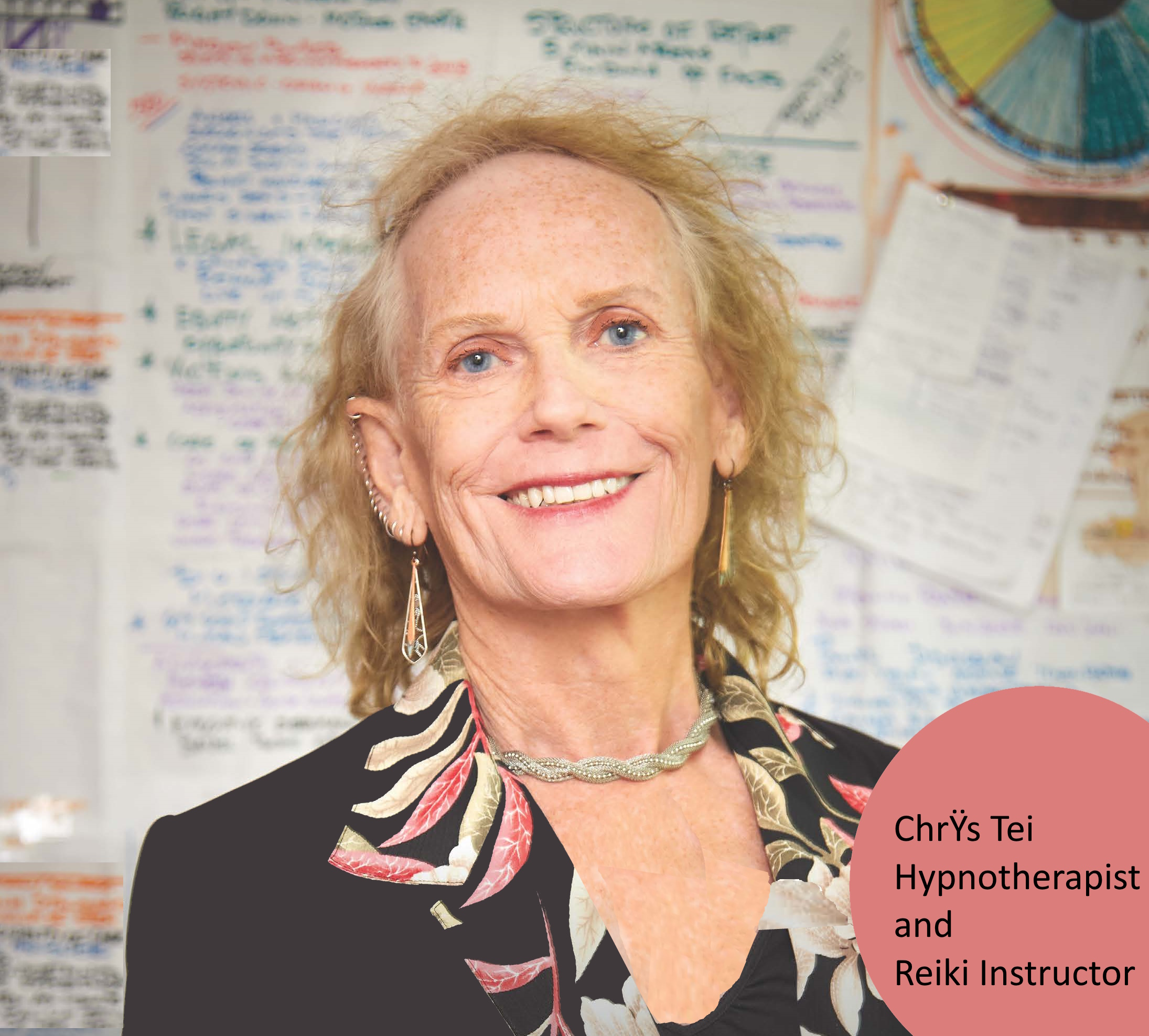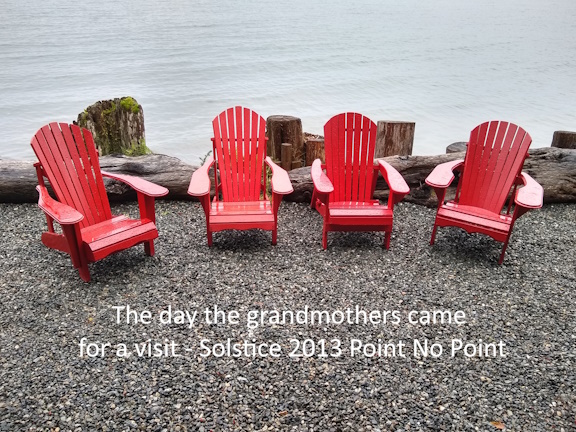

Instructor: ChrŸs Tei

Duration: 5 Months

Topics: Five
Lessons: 20

Level: Fourth Term
Price: $450
Psychological Reiki – Mizu 水
Course Overview
Psychological Reiki (Se He Ki) is an advanced course that delves into the use of Reiki for emotional and mental healing. This course focuses on the Se He Ki symbol, known for its ability to balance the mind and emotions, and its application in addressing psychological issues such as stress, anxiety, and emotional trauma. Students will learn techniques to channel Reiki energy specifically for mental and emotional well-being, incorporating practices like guided imagery and affirmations. Through a combination of theoretical instruction, practical exercises, and case studies, participants will develop the skills to effectively use Psychological Reiki to support clients’ emotional health. Ethical considerations and the importance of maintaining a compassionate and non-judgmental approach are emphasized throughout the course.
What you’ll get from this course:
Emotional and mental healing is a core focus of Psychological Reiki (Se He Ki), aligning closely with the principles of both Western and Japanese Reiki.
This course emphasizes traditional Japanese techniques for holistic well-being and delves a bit deeper into the Shinto roots of Reiki.
Tau Reiki practitioners believe in the natural ability of the body and mind to heal when supported by Reiki energy. This approach resonates with Carl Rogers’ core principles of empathy, congruence, and unconditional positive regard. By creating a supportive and non-judgmental environment, practitioners can help individuals address emotional and mental challenges, fostering a sense of safety and acceptance that is crucial for healing.
The Se He Ki symbol, central to Psychological Reiki, is revered for its power to balance the mind and emotions. In Tau Reiki, symbols are used with great respect and intention, enhancing the practitioner’s ability to channel healing energy. This practice aligns with Carl Rogers’ principle of congruence, where the practitioner’s authenticity and genuine presence enhance the therapeutic relationship. By using the Se He Ki symbol with mindful intention, practitioners can create a harmonious and balanced state for their clients, promoting mental clarity and emotional stability.
Techniques for mental well-being in Tau Psychological Reiki include guided imagery and affirmations, valued for their ability to focus the mind and direct healing energy. These techniques are enhanced by Carl Rogers’ principle of empathy, where understanding and sharing the feelings of the client can deepen the healing process. By incorporating empathetic communication and personalized affirmations, practitioners can effectively support their clients’ mental and emotional health, fostering a deeper connection and more profound healing outcomes.
A comprehensive learning approach in Tau Psychological Reiki involves theoretical instruction, practical exercises, and case studies, mirroring the thorough training in hands on Reiki practice. This method ensures that practitioners are well-equipped to handle various emotional and mental health issues. Carl Rogers’ principle of unconditional positive regard is integral to this learning process, as it encourages practitioners to maintain a non-judgmental and accepting attitude towards all clients. This principle helps create a safe learning environment where students can develop their skills with confidence and compassion.
Ethical and compassionate practice is emphasized in Tau Psychological Reiki which stresses the importance of integrity and respect in healing. Practitioners are encouraged to adhere to ethical guidelines and maintain a compassionate, non-judgmental approach, in line with Carl Rogers’ core principles. By embodying empathy, congruence, and unconditional positive regard, practitioners can ensure that their clients feel valued and understood, creating a therapeutic environment conducive to healing and personal growth.
Course Content
Emotional and Mental Healing
- Understanding Emotional Imbalances: Identifying and addressing emotional disturbances.
- Stress and Anxiety Management: Techniques to alleviate stress and anxiety.
- Healing Emotional Trauma: Approaches to process and heal from past traumas.
- Promoting Mental Resilience: Building mental strength and resilience.
Se He Ki Symbol
- Symbol Significance: The meaning and importance of the Se He Ki symbol.
- Application Techniques: How to effectively use the Se He Ki symbol in practice.
- Balancing Mind and Emotions: Using Se He Ki to achieve emotional equilibrium.
- Historical Context: The origins and evolution of the Se He Ki symbol in Reiki.
Techniques for Mental Well-Being
- Guided Imagery: Using visualization to enhance mental health.
- Affirmations: Crafting and using positive statements for mental well-being.
- Energy Channeling: Techniques to direct Reiki energy for mental health.
- Mindfulness Practices: Incorporating mindfulness into Reiki sessions.
Comprehensive Learning Approach
- Theoretical Foundations: Understanding the principles behind Psychological Reiki.
- Practical Exercises: Hands-on activities to develop Reiki skills.
- Case Studies: Learning from real-life applications and outcomes.
- Continuous Improvement: Strategies for ongoing learning and skill enhancement.
Ethical and Compassionate Practice
- Ethical Guidelines: Adhering to professional standards in Reiki practice.
- Compassionate Communication: Building rapport and trust with clients.
- Non-Judgmental Approach: Ensuring an inclusive and accepting practice.
- Client Confidentiality: Maintaining privacy and trust in Reiki sessions.
Course Instructor


ChrŸs Tei
ChrŸs Tei is a passionate educator who provides comprehensive training for people who have an interest in growing wellness in their families, communities, and themselves. She was a co-founder of the Tau Wellness Co-op in 2014 and has brought together into one integrated approach the skills of therapeutic touch, therapeutic arts, and therapeutic trance. ChrŸs is a steadfast advocate for the gender/neuro diverse community and the grateful guest on the unceded territories of the T’sou-ke First Nation for over 40 years.
As Tau we are guests everywhere forever
And thank our many hosts.
We are one people amongst many nations
Our commonality is our diversity
And the ancestors WE share
May their voices lead us in our work
And our touch always heal



